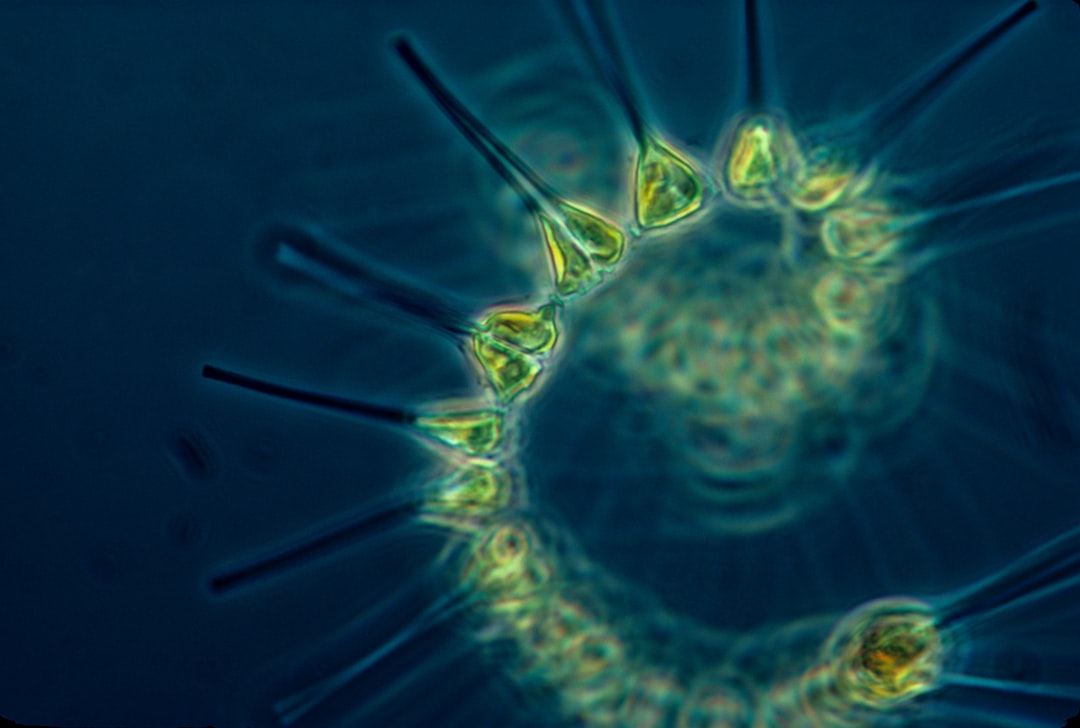What is it about?
An international multi-disciplinary group of 24 researchers met to discuss ocean acidification (OA) during the Brazilian OA Network/Surface Ocean-Lower Atmosphere Study (BrOA/SOLAS) Workshop. Fifteen members of the BrOA Network (www.broa.furg.br) authored this review. The group concluded that identifying and evaluating the regional effects of OA is impossible without understanding the natural variability of seawater carbonate systems in marine ecosystems through a series of long-term observations. Here, we show that the western South Atlantic Ocean (WSAO) lacks appropriate observations for determining regional OA effects, including the effects of OA on key sensitive Brazilian ecosystems in this area. The impacts of OA likely affect marine life in coastal and oceanic ecosystems, with further social and economic consequences for Brazil and neighboring countries. Thus, we present (i) the diversity of coastal and open ocean ecosystems in the WSAO and emphasize their roles in the marine carbon cycle and biodiversity and their vulnerabilities to OA effects; (ii) ongoing observational, experimental, and modeling efforts that investigate OA in the WSAO; and (iii) highlights of the knowledge gaps, infrastructure deficiencies, and OA-related issues in the WSAO. Finally, this review outlines long-term actions that should be taken to manage marine ecosystems in this vast and unexplored ocean region
Featured Image
Read the Original
This page is a summary of: The Western South Atlantic Ocean in a High-CO2 World: Current Measurement Capabilities and Perspectives, Environmental Management, November 2015, Springer Science + Business Media,
DOI: 10.1007/s00267-015-0630-x.
You can read the full text:
Contributors
The following have contributed to this page










